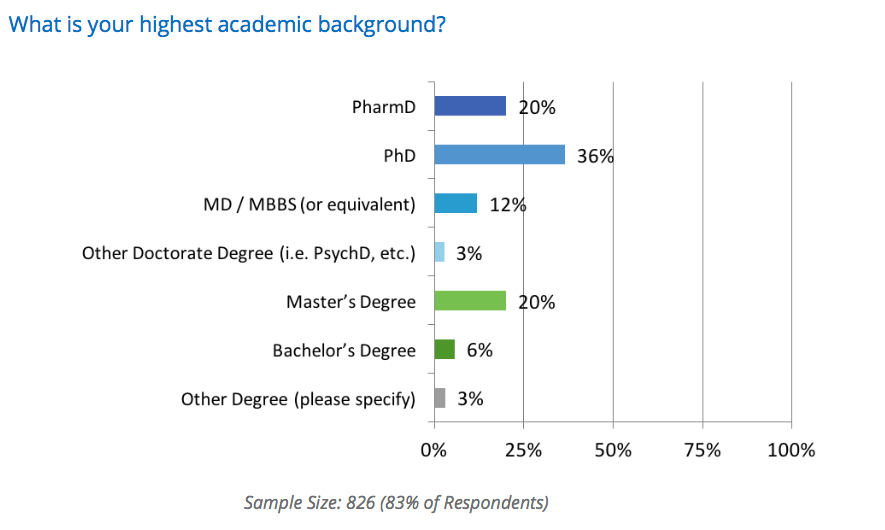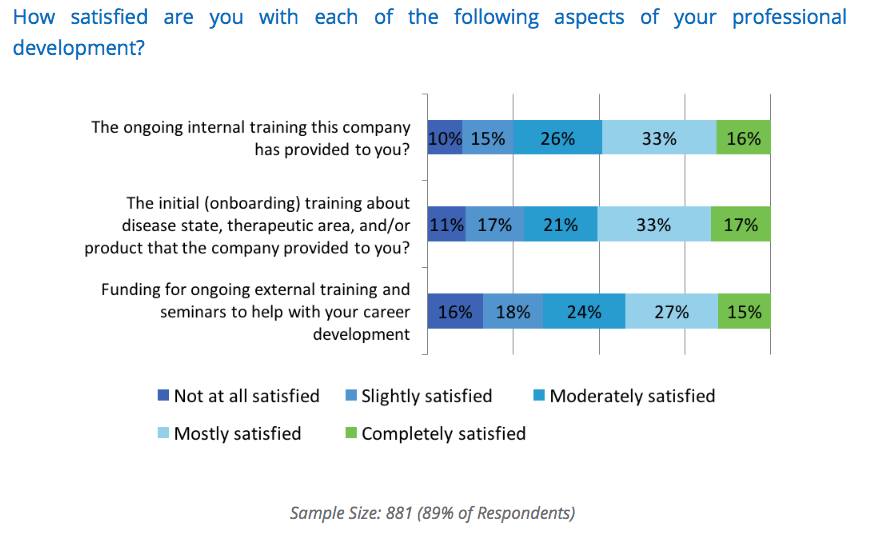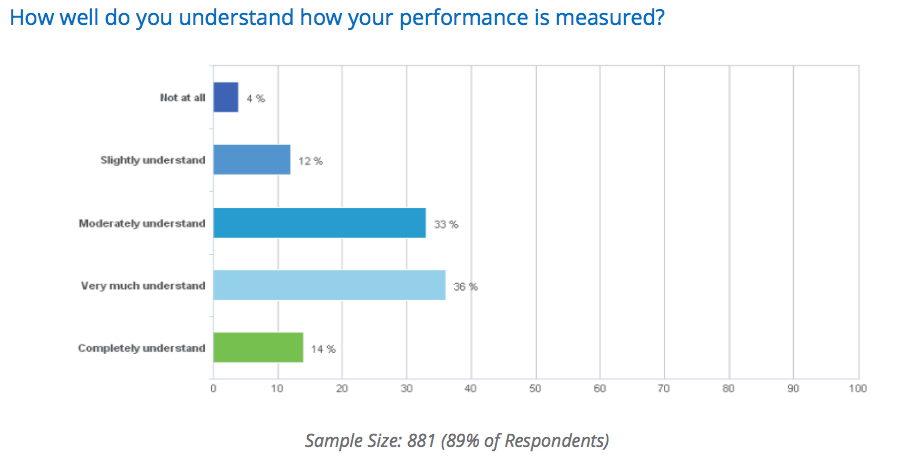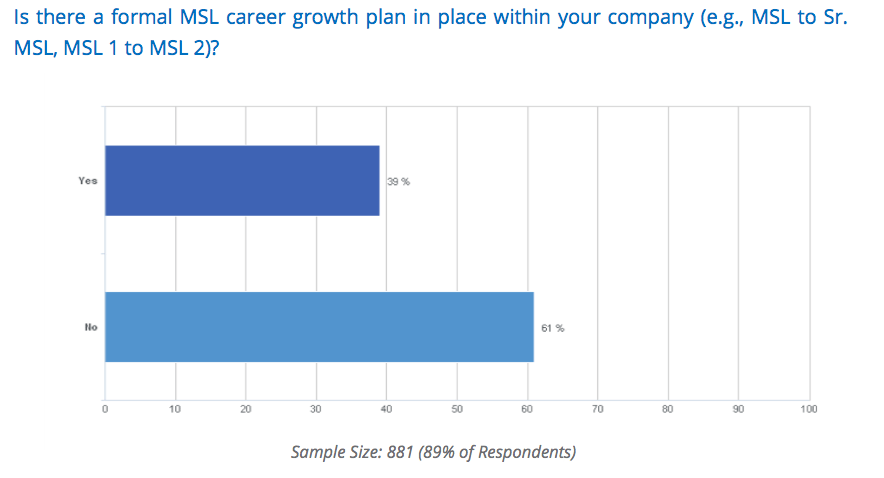As a Medical Advisor for almost seven years in Big Pharma, I know what it feels like when you reach a certain level and nobody can clearly explain to you what is next in your Medical Affairs career. Interestingly, the more I tried to take on new tasks or expand my responsibilities to bring more value to the company, the less clear managers were about a corporate development path—they lacked a plan of tenure increase or succession planning. So, it’s no surprise that analysis of data from a global Medical Science Liaison (MSL) research project I was involved with confirmed that both a perceived lack of career opportunities as well as no access to professional learning and development were important factors that influenced the MSL to consider a career or company change. The same can be said about other Medical Affairs professionals.
To that end, I wanted to share my thoughts on how MSL tenure can be increased based on the intrinsic need of Medical Affairs colleagues to develop professionally.
1. Implement on-boarding training about disease state and Medical Affairs function in the company.
The academic heterogeneity of MSLs globally explains why the level of scientific communication is getting more diverse and may lead to limitations in interaction with Key Opinion Leaders (KOLs). MSLs with no or little experience in the industry may lack understanding of how Medical Affairs operates and integrates with other functions such as clinical and commercial, which often slows down the workflow. MSLs are quick learners by nature, so if they are trained properly they will quickly absorb the new relationship frameworks and any code of business conduct. Just be sure to provide continuous professional education to ensure Medical Affairs professionals are able to stay on top of any changes.
2. Introduce clear Medical Affairs value measures.
This will allow Medical Affairs to understand their progress between performance reviews. The metrics may contain both quantitative and qualitative measures, but should have an emphasis on the qualitative—such as feedback from customers (commercial, clinical, market access, etc.). Meanwhile, only use a small amount of quantitative metrics that reflect engagement in the field with the KOLs. A good way to capture feedback from internal and external customers is continuously asking them about their satisfaction (current status) and expectations (future). Clear measures allow Medical Affairs professionals to understand how the organization values them and will help them to evolve over time.
3. Develop and maintain a thoughtfully structured MSL career path system.
It is natural for the talented people you hired to want to advance. A career path with clear milestones gives the Medical Affairs professionals a sense of direction toward the company’s goals. You don’t have to invent anything new, just start with highlighting success stories of other Medical Affairs employees as examples of how they can move through the organization. Or you could map the goals for success and a path forward for each team member based on what you already know about their aspirations. Make sure you understand where your team members want to be two to three years from now.
4. Employ external training which will help career advancement.
Growth is inevitable, so it’s better not to restrict Medical Affairs professionals to their current roles, but encourage their growth and help them become the strongest team on the market. A program like the Board Certified Medical Affairs Specialist Program (BCMAS) can significantly enhance your team’s knowledge in both regulatory and compliance issues related to publications, clinical trials, drug development, and interactions with healthcare providers. As natural learners, Medical Affairs professionals can progress to a higher stage quicker and reach a level of knowledge that allows them to be much more “cross functional” within Medical Affairs itself.
If the environment supports and responds to the needs of Medical Affairs professionals, they will invariably respond with appreciation and aspire to work long term for your company and most importantly contribute to its overall growth and success. The BCMAS program also covers important topics such as health economics outcomes research, regulatory affairs, clinical trial design, and even presentation and communication skills.
5. Give MSLs new and real challenges.
If you provide MSLs with actual challenges—not just busy work—it will expand his or her accomplishments, reach, impact, and influence on different aspects of the work with internal and external clients. Of course, challenging MSLs will also serve as a challenge for your MSL managers, as they will share in the responsibility for the possible failure—which sometimes can be more valuable than success—but it’s always worth it as the right challenge enhances learning capabilities. Considering that quick learning is often a Medical Affairs professional’s strength, it’s likely that new challenges will help them evolve—and opportunities for evolving will likely lead to tenure increase.
Medical Affairs professionals are constant learners by nature who grow in the right environment, where the continuous opportunity to develop is the fertilizer that connects them and creates the feeling that they are valued by the organization. Ultimately, this can help improve attrition rates.
References:
Global Survey of Medical Science Liaison Job Satisfaction. Medical Science Liaison Society. 2015
Board Certified Medical Affairs Specialist Program. http://www.medicalaffairsspecialist.org/board-certified-medical-affairs-specialist-program.








